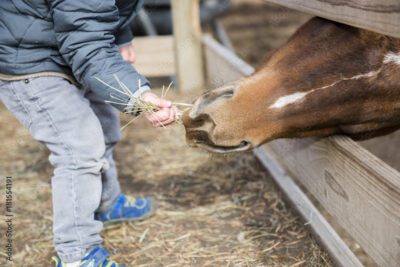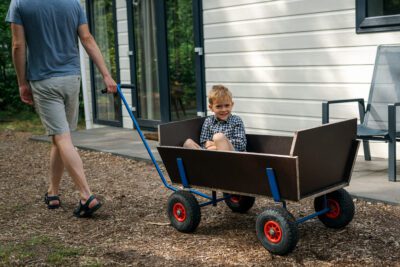By Christine Denise
Autism Mom and Contributing Writer for As You Are, a virtual clinic dramatically increasing access to early autism diagnostic services through the use of exclusively telehealth appointments
When my neurotypical boys were toddlers, playtime possibilities seemed endless.
We could work on puzzles, draw pictures together, play board games together or go outside and make a game out of just about anything.
I could also tell them to go play, and they generally knew what I meant.
They would find any number of toys in their rooms – RC cars have been a crowd favorite in our household for years – or go outside, not too far, to play catch or have a water gun fight.
Louie’s version
When our son who has autism came along, playtime took on a whole new meaning.
It is a struggle for eager grandparents to find that perfect holiday gift or birthday present because playtime for our son with special needs is so different.
His favorite activity by far is flipping through his speech therapy videos on his iPad. Not just flipping through them, but also rewinding them multiple times to hear a particular sound or word.
His therapists call this stimming – a term you’ll often hear for how children with sensory-seeking behaviors look to keep their senses stimulated in various ways.
When my son shows interest in something other than his iPad, it’s typically toys that light up, play music and make sounds when he touches a button on them. Repeatedly.
It’s fun, over and over again
When he was about a year old, he wore out the buttons on a particular toy that popped open doors and started playing music. He could sit and play with that toy for 20 to 30 minutes at a time, flap his hands and be surprised and excited every time those doors would pop open.
His grandparents also recorded voice books for him, so if he presses buttons on each page, he can hear his grandparents read them to him. And yes, he repeatedly pushes those buttons and doesn’t really stay on track with the book. Instead, he follows a sound he likes in their voices.
He also loves a piggy bank that he’s had since he was a baby that has large plastic coins that he can put through the slot, causing the piggy to vibrate and play music.
Repeatedly.
We’re on our third one.
Finding just about any container that has toys or pencils or coins in it – really anything in it – automatically gets dumped, then collected and put back in said container with some prompting.
And, of course, on repeat.
He loves going to our neighborhood park and hanging for as long as he possibly can from the monkey bars. He also loves to try to flip himself upside down.
Lately, his favorite thing to do is open and close a large gate to a tennis court. It’s big and heavy, and he loves the feedback he gets from pushing on it, and the sound it makes when it screeches. This playtime lasted for 45 minutes just the other day, and I couldn’t have been happier to see him so happy doing it.
I would have stayed there for another hour if I could have just to see him get so much joy out of something so simple.
What I’m trying to say is that playtime for our son Louie is unlike playtime for any kid – including those with autism – I know.
Joy in the unexpected
All of his toys are toys with age recommendations on them for children younger than 24 months.
So, he doesn’t have any RC cars, or board games he can play with us. He can’t catch a ball with his brothers.
Instead, he has his own version of playtime.
His older brothers still try to rough him up just like any older brother would do. They absolutely love to swim with him because they know it brings him so much joy to be in water.
It is a fascinating journey to learn what playtime will look like for your child with special needs, because I can guarantee it will be nothing like the kind of playtime parents of neurotypical children will ever experience.
The sheer joy they will find in the most unexpected things is truly something to treasure.
Do you have questions about your child’s development? The team at As You Are provides useful autism screening and diagnostic evaluations for kids 16 months to 10 years old via telehealth appointments.
Disclaimer: I am not a medical professional. This is a sponsored blog post, but all opinions are my own.


















